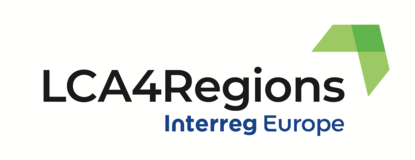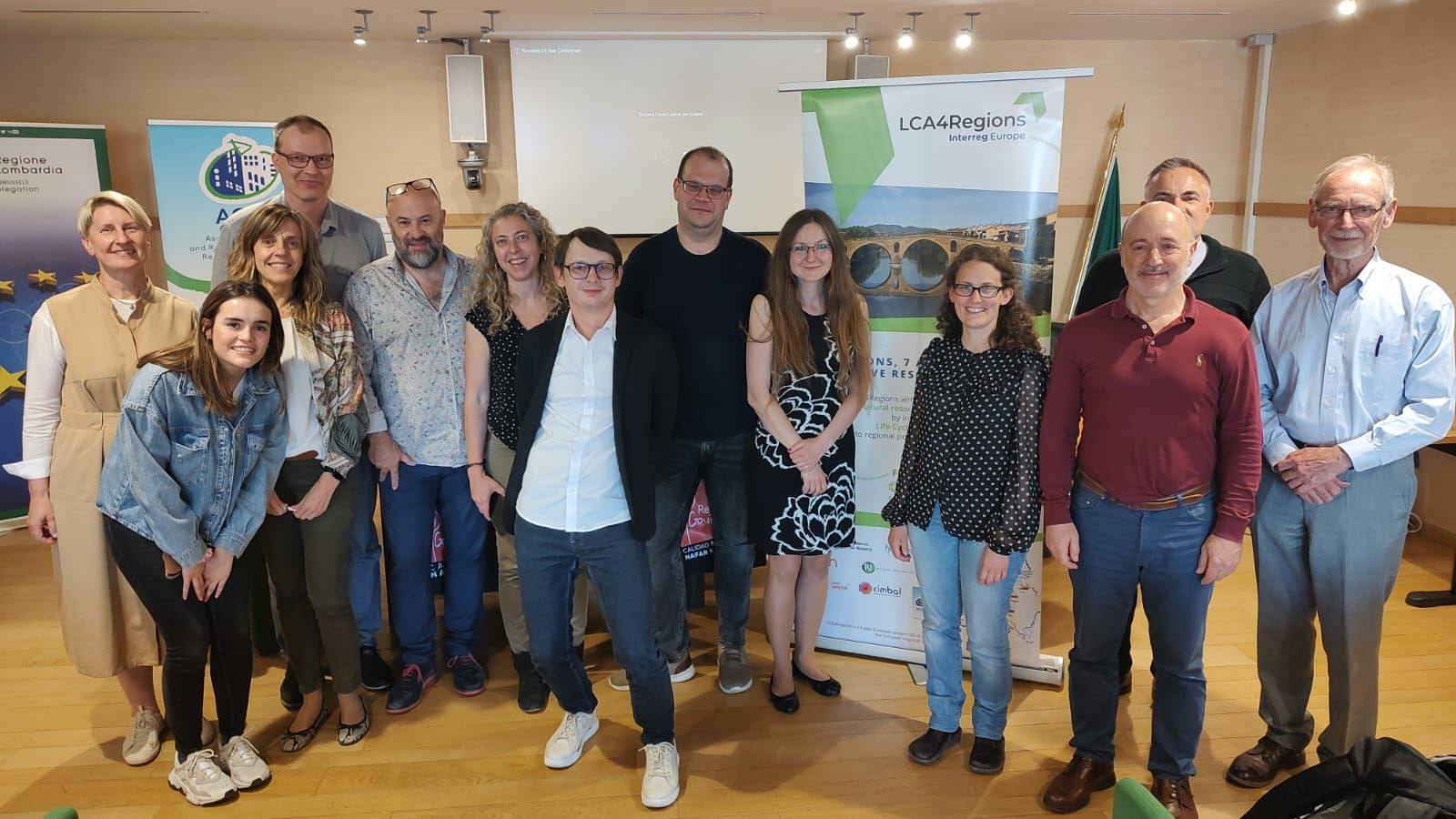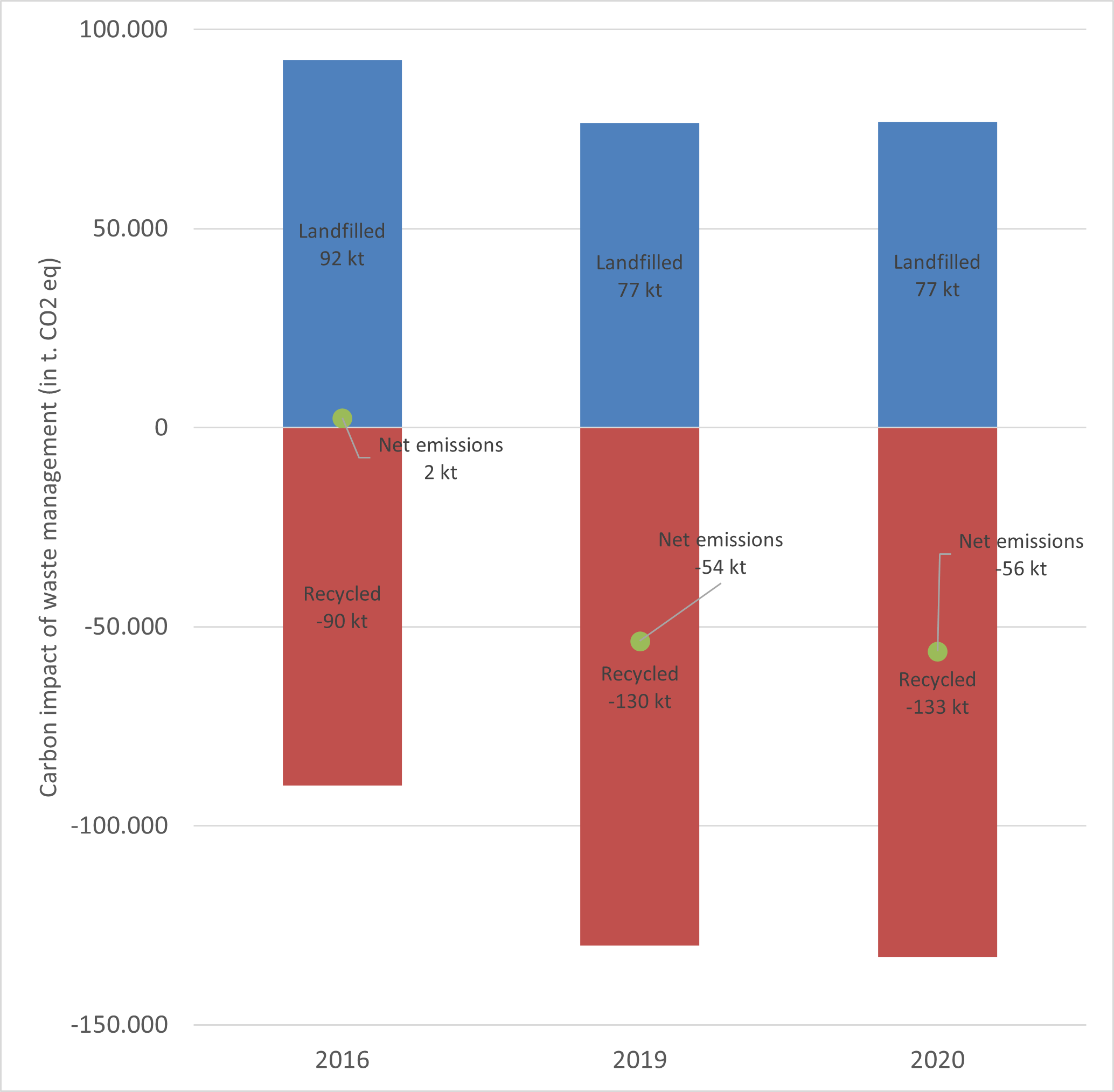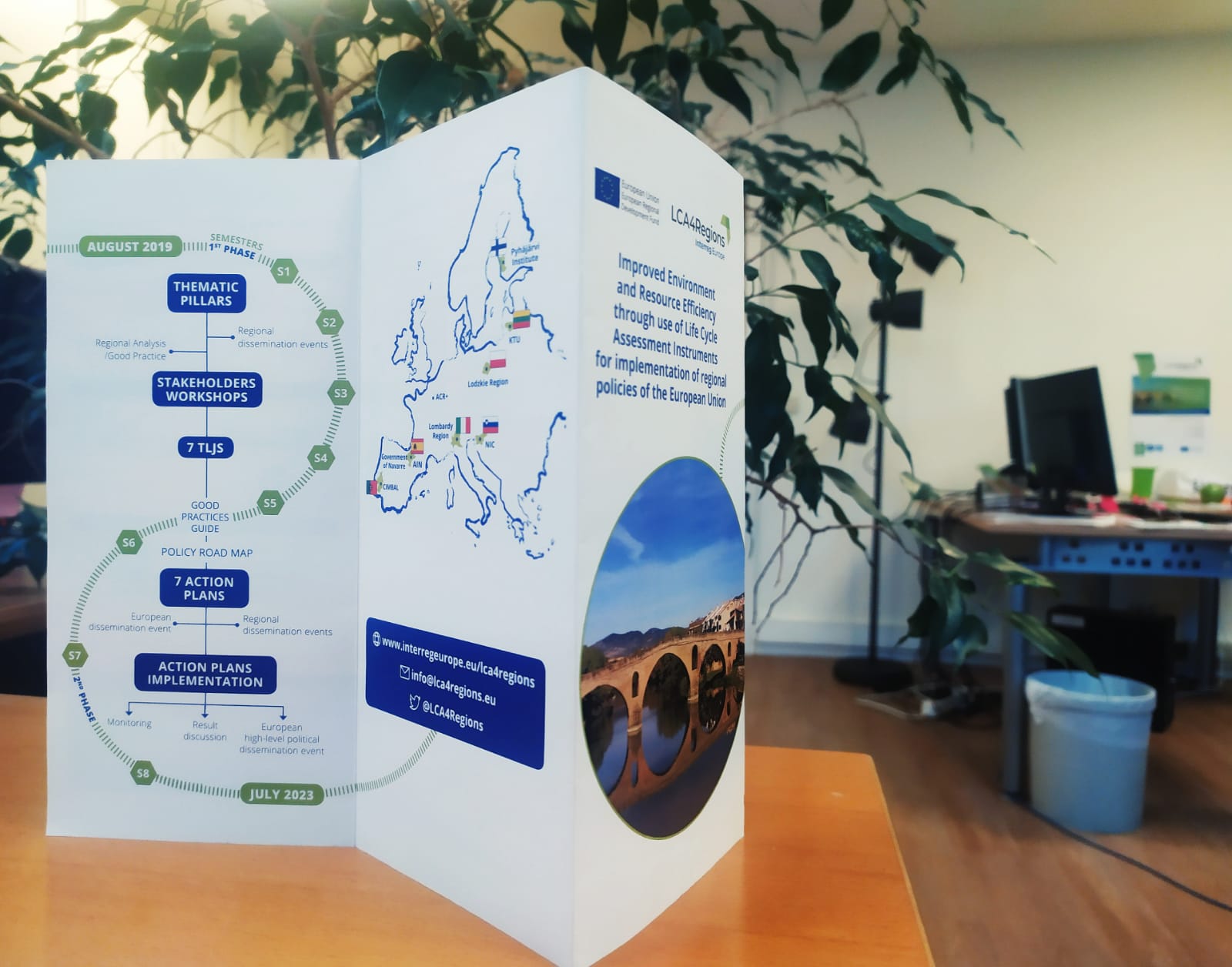The TLJ in Baixo Alentejo concluded the journey of the LCA4Regions partners across their territories and regions. Between January 2020 and March 2022, 7 TLJ took place, in different shapes, focuses, participants. All in all, the TLJs have been a colossal and highly positive learning experience, from a thematic point of view but also organisational since the project partners had to adapt to the global circumstances and the new context of pandemic.
The TLJs echo the working priorities of partners regarding the use of LCA in public policies. Public procurement, closely followed by waste management and resource efficiency are thematic of interest for partners.
TLJs have also been a powerful tool for partners in their path towards developing their Action Plan. Not only the TLJ#7 was voted as one of the most interesting TLJs but also most of the partners indicated that the TLJ helped them – and even could have not done their Action Plan without TLJ – in their preparation work.
Over the course of the LCA4Regions experience, partners could test three types of TLJs: only physical, only online, and hybrid. There is a total agreement that by essence a TLJ cannot take place only virtually.
For a fruitful exchange and useful discussion to happen, a physical meeting is the base. This also give more way to off the record discussion, during the break, the social times, which have their importance. The opinion on hybrid meetings is shared. In majority partners are calling for physical meeting only but still a significant number would like more possibilities for hybrid participation. Organising hybrid TLJ helps reaching more participants but still lack the spontaneity of a physical meeting. Even more knowing that 33% of partners found that one of the most insightful session of a TLJ are the study-visits. These are more complicated to move online.
The key pillar of a TLJ is the presentation of study cases and other initiatives by external experts. Thus, the TLJs have been way to get additional insight outside of the partnership.
Regarding the involvement of stakeholders, partners noted that it is important to have them participating in the TLJs not only to receive feedback and hear directly from them their experience but also as a way to build awareness raising and capacity building in their institutions. If their participation was generally good, it could nonetheless be enhanced. Another point that could be improved is communication and information share before the TLJ.
And to finish this conclusion in the usual way, if to define the TLJ experience in one word, it would be “challenging” but also “perfect”, “great”, “core of Interreg Europe”, “Interesting”.










